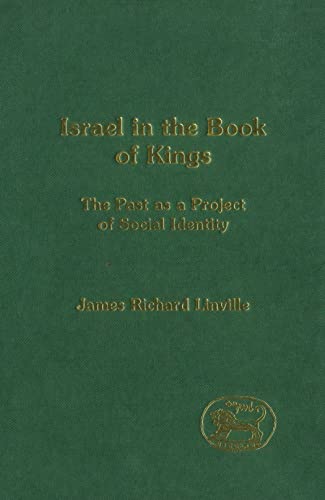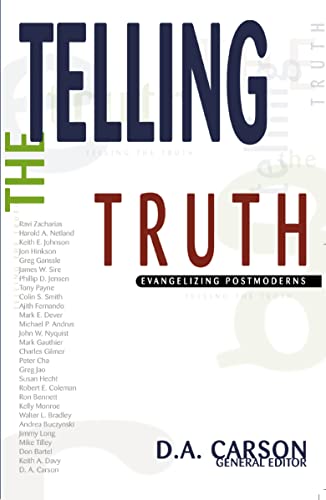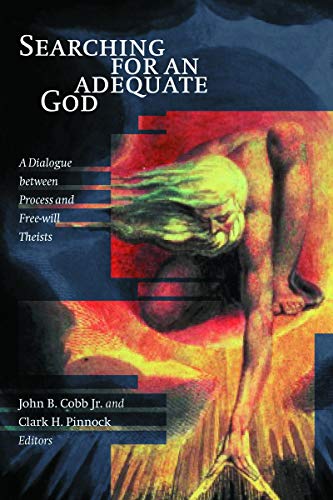Galatians. New International Biblical Commentary
Written by L. Ann Jervis Reviewed By James C. MillerThis commentary is part of a series, based on the NIV translation, which attempts to make the results of solid biblical scholarship available to general readers and students. As with other volumes in the series, the comments are organised section-by-section and consist primarily of an exposition of key terms and phrases. Additional notes at the end of each section treat more technical issues such as matters of textual criticism. In addition to a 30 page Introduction, the book includes a bibliography of works for further reading plus Subject and Scripture indices.
Jervis is no stranger to Paul. In addition to several published articles, her dissertation on the purpose of Romans, completed under Richard Longenecker, was published by Sheffield University Press. Furthermore, she co-edited a volume of essays on the ‘The Gospel in Paul’ in honour of Professor Longenecker, also published by Sheffield.
According to Jervis, Paul writes to counter ‘confusers and agitators’ (2) who have entered churches he planted. These people attractively advocated that Gentile believers adhere to Jewish practices and proclaimed the death of Christ in manner different to Paul. Jervis posits an early date for Galatians and tentatively holds that the Galatian churches were in the southern part of the Roman province of Galatia (central Asia Minor).
Regarding Paul himself, Jervis holds that he stood both in continuity with the Judaism of his day, yet transcended it in important ways as well. On this point, she stresses that because Paul states that he received his gospel through a ‘revelation’ (Gal. 1:12), ‘it does not follow directly from Jewish hopes and beliefs’ (4, see also 18, 19). For Jervis Judaism was part of Paul’s ‘former life’; ‘suggesting that he sees his faith in Christ as separate from the religion into which both he and Christ were born’ (42). In summary, she comes down much stronger on this side of discontinuity. In my view, this is the weakest point in an otherwise fine introductory commentary on Galatians. I believe Paul understood himself as fully within the ‘religion’ of his Jewish forefathers. Messiah had come in an unexpected manner and inaugurated the prophesied new covenant. Yet this occurred ‘in accordance with the Scriptures’ (Rom. 1:2; 1 Cor. 15:3). It may have taken a revelation for Paul to fully grasp what God had done. But a gospel revealed through a ‘revelation’ no more demands that what is revealed constitutes a new religion than does a prophet word ‘revealed’ to a prophet.
Theologically, Jervis sides with those who find ‘union with Christ’ (Schweitzer) or ‘participationist eschatology’ (Sanders) at the heart of Paul’s theology. At the same time, she does not downplay the typical alternative to these views, justification by faith. According the Jervis, justification by faith plays an important, though not quite as comprehensive, role in Paul’s theology as the more participationist categories she favours. Furthermore, in line with a recent trend in interpretation, she adopts the subjective genitive reading of the Greek phrase pistis Christou, the ‘faith of Christ’ rather than the objective genitive ‘faith in Christ’ (Gal. 2:16; 3:22). This translation emphasises Christ’s faithfulness rather than the individual believer’s act of faith in effecting salvation. Finally, Jervis sides with the ‘new perspective on Paul’ (Dunn), namely that observing the Mosaic Law functioned not to earn one salvation, but to mark one off from other peoples as a Jew.
All in all, I found this a useful exposition on Galatians. Jervis stakes out her positions clearly and provides a reliable guide through the text. Those familiar with the interpretive minefields dotting the landscape of Galatians will appreciate her ability to simplify complicated exegetical issues. At the same time, such readers will always wish for more detailed treatment of this matter or that. Yet, such extensive analysis of the text lies beyond the purpose of this series. Although an abundance of fine critical commentaries on Galatians have appeared in recent years, a solid introductory volume has been lacking (the exposition of John Stott being somewhat dated). This commentary helps fill that void.
James C. Miller
Nairobi Evangelical Graduate School of Theology







